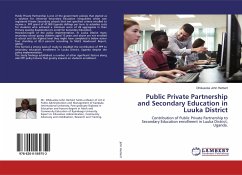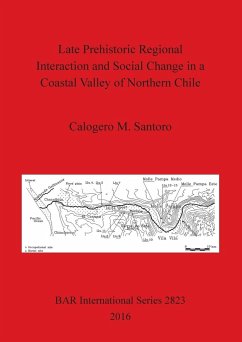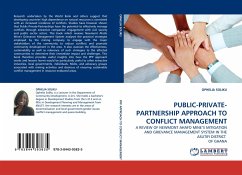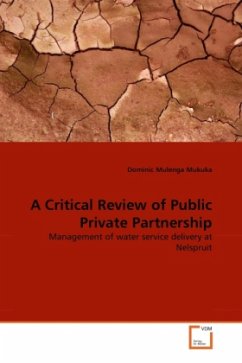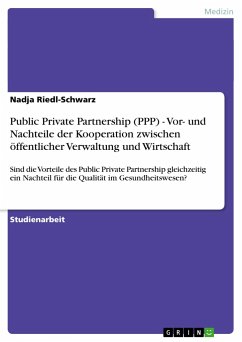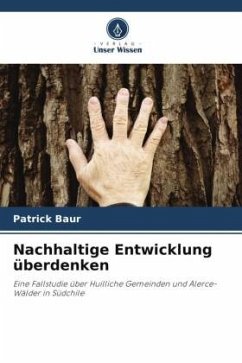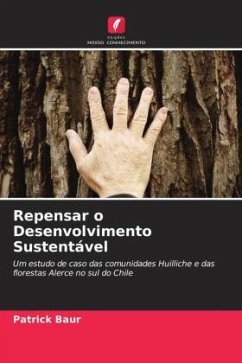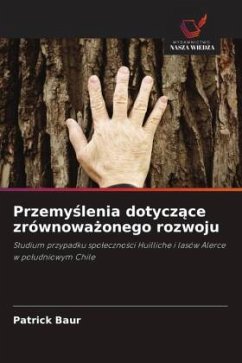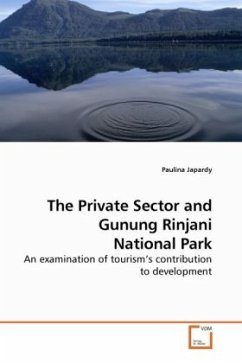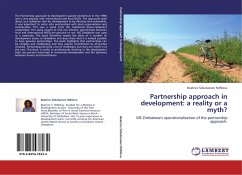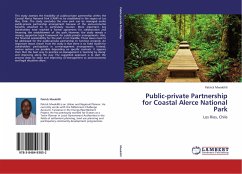
Public-private Partnership for Coastal Alerce National Park
Los Rios, Chile
Versandkostenfrei!
Versandfertig in 6-10 Tagen
38,99 €
inkl. MwSt.

PAYBACK Punkte
19 °P sammeln!
This study assesses the feasibility of public-private partnership within the Coastal Alerce National Park (CANP) to be established in the region of Los Rios, Chile. The study concludes the new park can be managed under public-private partnership arrangement because of the socio-economic benefits attached to it, particularly tourism. More important, key stakeholders have reached a formal agreement for collaboration and financing the establishment of the park. However, the study reveals a missing supportive legal framework for public-private arrangements. Also, the financial sustainability for t...
This study assesses the feasibility of public-private partnership within the Coastal Alerce National Park (CANP) to be established in the region of Los Rios, Chile. The study concludes the new park can be managed under public-private partnership arrangement because of the socio-economic benefits attached to it, particularly tourism. More important, key stakeholders have reached a formal agreement for collaboration and financing the establishment of the park. However, the study reveals a missing supportive legal framework for public-private arrangements. Also, the financial sustainability for the park is not feasible. These issues need to be addressed for the public-private partnership to function properly. An important lesson drawn from the study is that there is no fixed model for stakeholders participation in co-management arrangements. Instead, various options are possible depending on specific contexts. It appears then that the best way to practice co-management is learning by doing and improving along the way. The suggested approach is to start the process steps by steps and improving co-management as socio-economic and legal situations allow.



